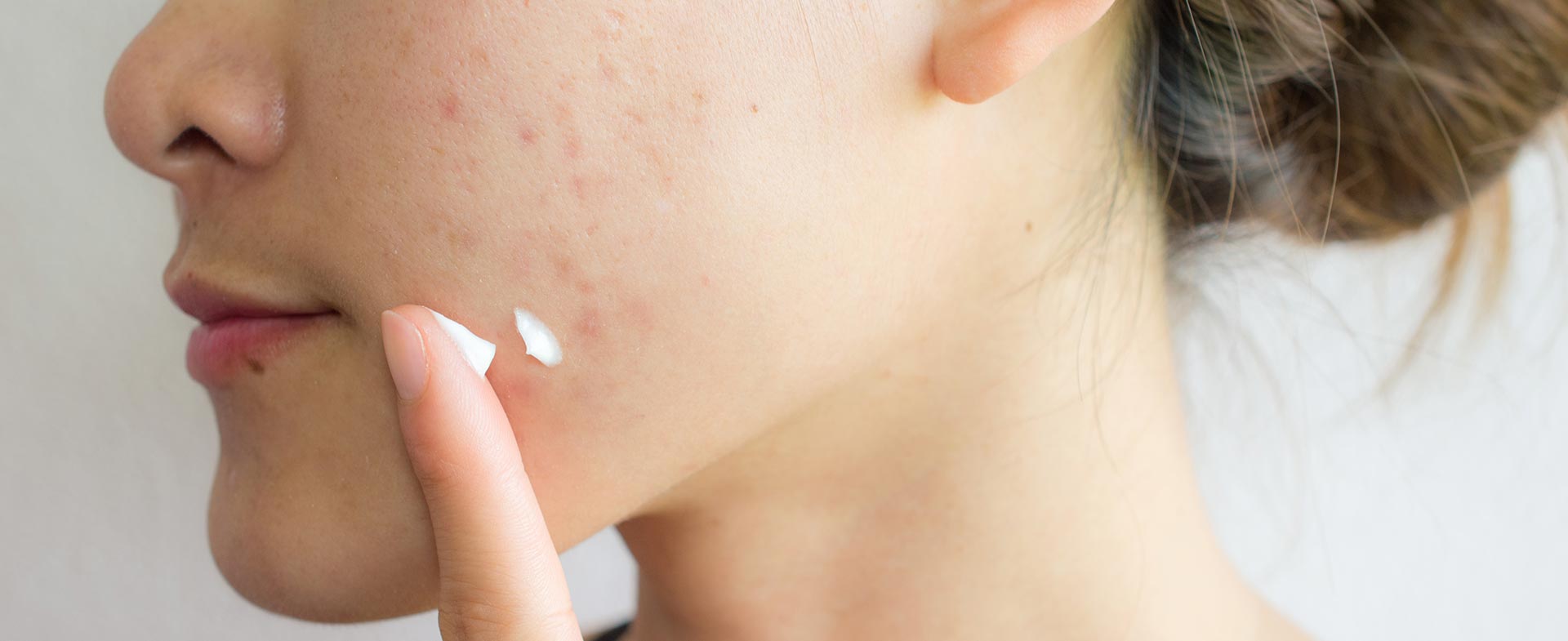Understanding the Underlying Causes
Delving into Dermatology: What Causes Face Pimples?
Face pimples, scientifically known as acne vulgaris, are a common skin condition characterized by the occurrence of inflamed or infected sebaceous glands. These glands produce sebum, an oily substance that helps keep the skin lubricated. When excess sebum, dead skin cells, and bacteria accumulate in the pores, it can lead to the formation of pimples.

Unraveling the Culprits: Factors Contributing to Pimple Formation
Various factors can contribute to the development of face pimples, including hormonal fluctuations, genetics, diet, stress, and inadequate skincare routines. Hormonal changes, such as those that occur during puberty, pregnancy, or menstruation, can increase sebum production, making individuals more susceptible to breakouts.
Implementing Effective Skincare Practices
Cleansing: The Foundation of Healthy Skin
A crucial step in preventing and treating face pimples is maintaining a consistent skincare routine. Begin by cleansing the face twice daily using a gentle, non-comedogenic cleanser to remove dirt, oil, and impurities without stripping the skin of its natural moisture.
Exfoliation: Banishing Dead Skin Cells
Regular exfoliation helps slough off dead skin cells that can clog pores and contribute to pimple formation. Opt for a chemical exfoliant containing ingredients like salicylic acid or glycolic acid, which help unclog pores and promote cell turnover without causing irritation.
Moisturization: Nourishing and Hydrating the Skin
Contrary to popular belief, moisturizing is essential, even for oily or acne-prone skin. Choose a lightweight, oil-free moisturizer that won’t clog pores but provides adequate hydration to keep the skin balanced and healthy.
Dietary and Lifestyle Modifications
Mindful Eating: The Impact of Diet on Skin Health
Research suggests that certain foods may exacerbate acne symptoms in some individuals. Limiting consumption of dairy, sugar, processed foods, and high-glycemic index carbohydrates can help reduce inflammation and improve overall skin health.
Hydration: Quenching Your Skin’s Thirst
Staying hydrated is crucial for maintaining healthy skin. Drink plenty of water throughout the day to flush out toxins and keep the skin hydrated from within, promoting a clear and radiant complexion.
Stress Management: Finding Your Zen
Chronic stress can trigger hormonal imbalances and inflammation, leading to increased pimple formation. Incorporate stress-relief techniques such as meditation, yoga, deep breathing exercises, or hobbies to promote relaxation and reduce stress levels.
Targeted Treatments and Remedies
Spot Treatments: Tackling Pimples Head-On
When faced with a stubborn pimple, consider using spot treatments containing ingredients like benzoyl peroxide, salicylic acid, or tea tree oil to target inflammation and bacteria. Apply a small amount directly to the affected area to help reduce redness and promote healing.
Natural Remedies: Harnessing the Power of Mother Nature
Some individuals prefer natural remedies for treating face pimples. Ingredients like honey, aloe vera, green tea extract, and witch hazel possess anti-inflammatory and antibacterial properties that can help soothe and heal acne-prone skin when applied topically.
Professional Interventions: Seeking Dermatological Advice
In cases of severe or persistent acne, it may be necessary to seek professional help from a dermatologist. They can assess your skin condition and recommend appropriate treatments, such as prescription medications, topical retinoids, oral contraceptives, or in-office procedures like chemical peels or laser therapy.
The Importance of Consistency and Patience
Managing Expectations: A Journey to Clearer Skin
Achieving clear, healthy skin is a journey that requires patience, consistency, and diligence. It may take time to find the right combination of skincare products and lifestyle habits that work for your skin type and individual needs. Be patient and persistent in your efforts, and don’t hesitate to seek professional guidance if needed.
Monitoring Progress: Tracking Changes Over Time
Keep track of your skincare routine, dietary habits, and lifestyle factors to identify patterns and assess the effectiveness of your efforts. Be mindful of any improvements or setbacks, and adjust your approach accordingly to continue progressing towards clearer, healthier skin.
Conclusion
With the right knowledge, tools, and habits, managing face pimples and achieving clear, healthy skin is within reach. By understanding the underlying causes, implementing effective skincare practices, making dietary and lifestyle modifications, and exploring targeted treatments and remedies, you can take proactive steps towards transforming your skin and boosting your confidence. Remember to be patient, consistent, and gentle with your skin, and don’t hesitate to seek professional guidance when needed. Together, let’s unlock the secrets to clear, radiant skin and embrace the journey to a healthier, more confident you.